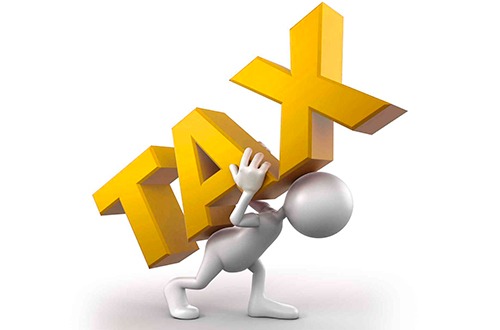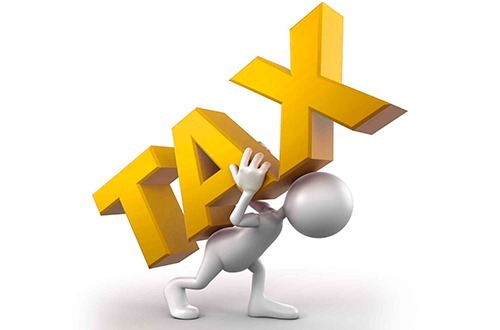
The government is looking at flexing a few hindrances in the small business sector to allow growth in the industry which vital role in job creation and economic growth.
The Davis Tax Committee (DTC), established mid-July last year by former finance minister Pravin Gordhan, has the mandate to review what role the tax system can play as part of a coherent and effective fiscal policy framework in addressing poverty, unemployment and inequality.
Simply put, eight committee members including Judge Dennis Davis, have a responsibility to find an improved mechanism in which the tax system of this country can be run, which is also biased towards small and medium businesses.
Divided into specialist sub-committees on small businesses, the appropriateness of the tax base and tax mix in South Africa, and base erosion and profit shifting, the DTC last month called on the public for comment on its review document.
Special dialogue sessions are arranged on an ongoing basis to take into account a diversity of interests and opinions.
The DTC accordingly calls upon all interested parties to make use of the opportunity to contribute to the mentioned priorities for now Top priority of the DTC at the moment is to address ways in which the tax system can be improved to facilitate entrepreneurship and the growth of small businesses.
Various tax packages already exist to encourage small businesses. The DTC needs to review these packages to find an optimal tax package that assists small businesses in contributing towards economic growth and reducing the high unemployment rate.
Urgent contributions in this regard will be most welcome by 20 November 2013. The Committee will take into account in its work recent domestic and global developments and, in particular, the long-term objectives of the National Development Plan.
Its Terms of Reference (TOR) of the Committee are to inquire into the role of the tax system in the promotion of inclusive economic growth, employment creation, development and fiscal sustainability.
One of the critical areas for the committee to look into is the impact of the tax system in the promotion of small and medium-sized businesses, including analysis of tax compliance costs, the possible further streamlining of tax and simplification of tax legislation.
In essence, the report covers the following areas relating to the taxation of SMEs: The role of SMEs in the economy; The definition of a small business; Challenges facing SMEs, especially the tax compliance burden; A review of income tax incentives for “small business corporations”; A review of the income tax incentive for “venture capital companies” to fund small businesses; A review of the alternative presumptive turnover tax system for “micro businesses”; A review of the Value-Added Tax requirements for SMEs; The impact of the new Employment Tax Incentive on SMEs.
See Also: An Overview of South African Business Tax Laws






